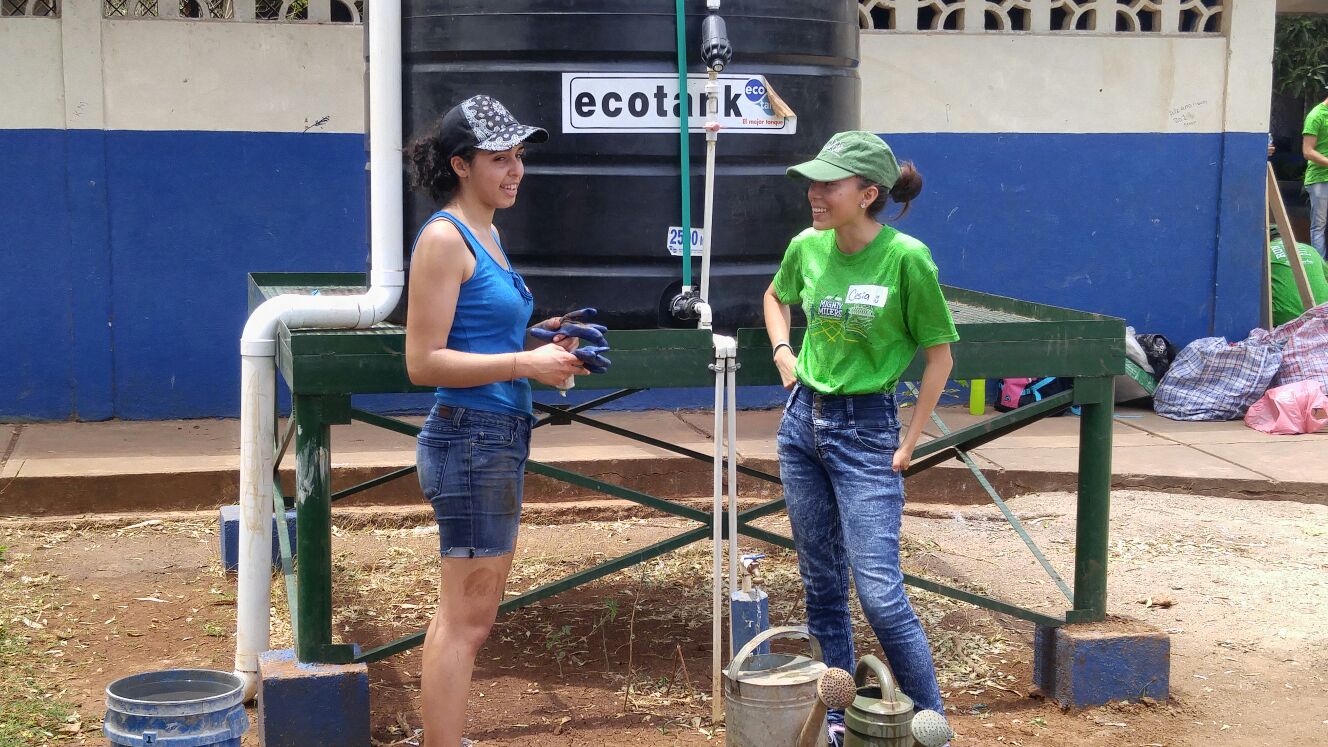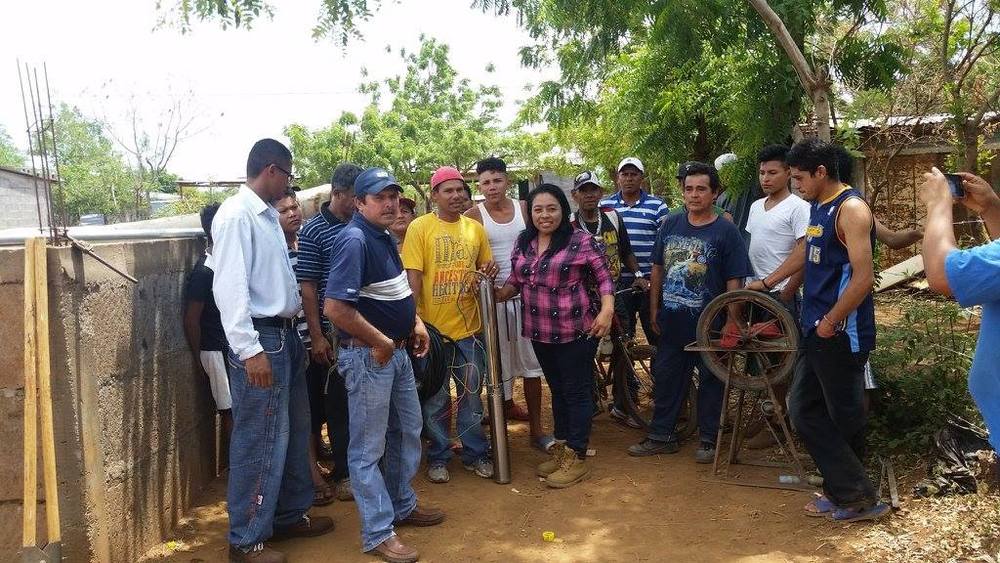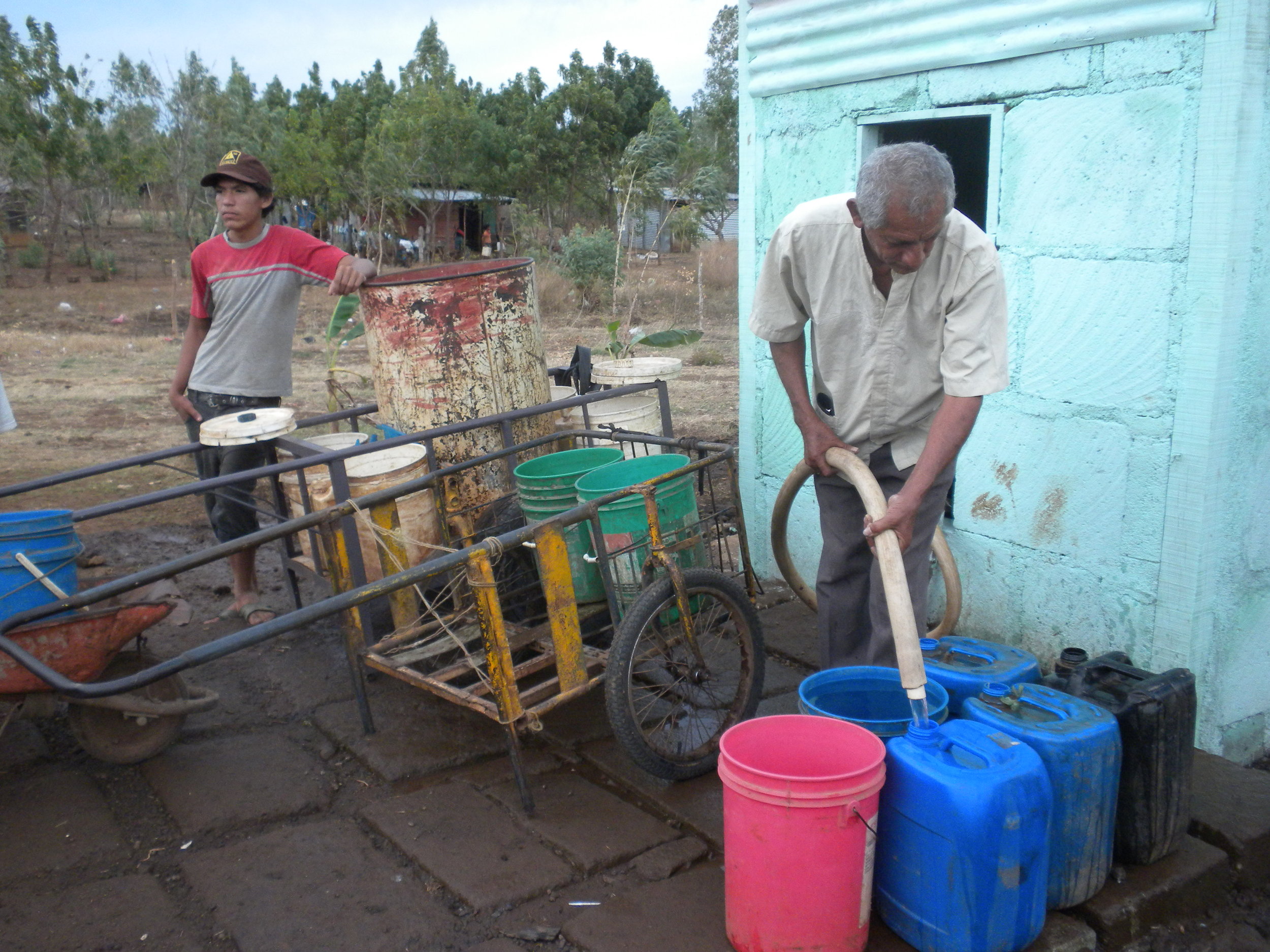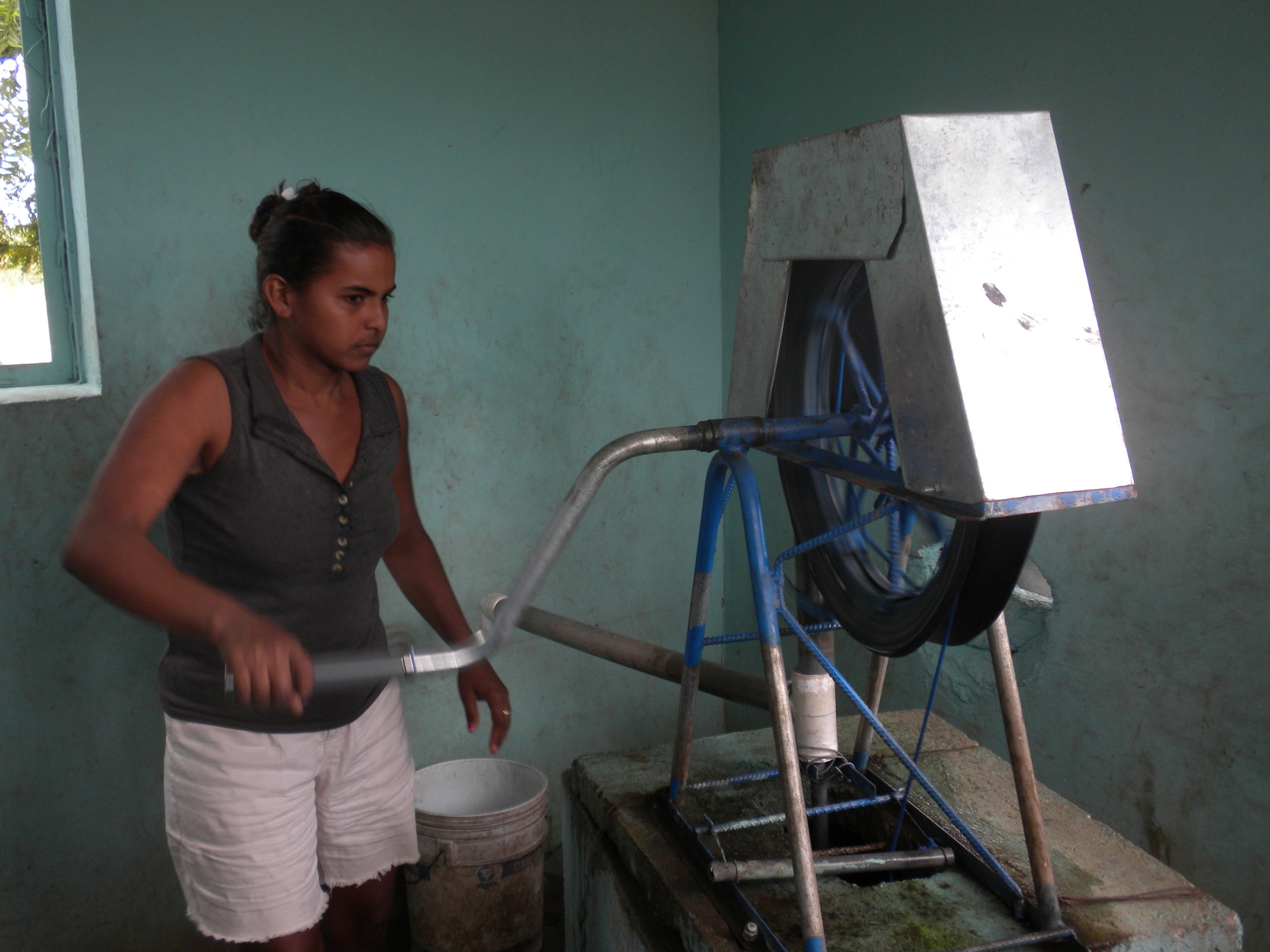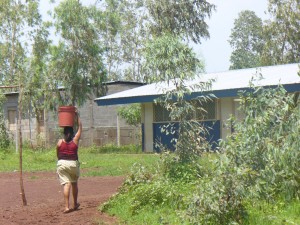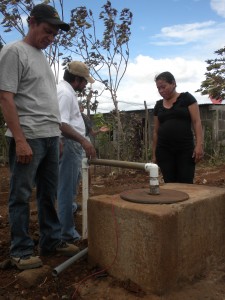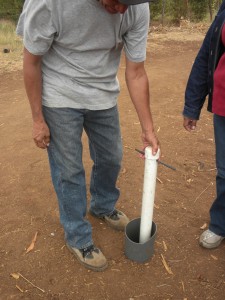Dos Pueblos Joins the Global #GivingTuesday Movement
/Help Us Raise $3000 for Potable Water in Rural Tipitapa!
Dos Pueblos is proud to participate in #GivingTuesday, a global day of giving that harnesses the collective power of individuals, communities, and organizations to encourage philanthropy and celebrate generosity worldwide. Occurring this year on November 28, #GivingTuesday is held annually on the Tuesday after Thanksgiving in the US and the widely recognized shopping events Black Friday and Cyber Monday.
#GivingTuesday kicks off the holiday giving season and inspires people to give back in impactful ways to the charities and causes they support. With our campaign, we are building upon our five-year relationship with Marvin Salazar, a community in a rural part of Tipitapa with very limited resources.
In 2012, Dos Pueblos and other partners built wells to provide access to clean drinking water in five different communities in Tipitapa, including Marvin Salazar. As the next step, we installed an electric pump that benefited 200 families in this community. Inspired by our water sanitation work and the desire to make a difference, a Dos Pueblos teen delegate donated her bat mitzvah money to provide trees as part of the reforestation phase this year. Now, for the final phase of this project, we’re raising $3000 to install a water tank so that residents can safely store potable water.
Dos Pueblos has been working on clean water in Tipitapa from a time when most communities there had no electricity and could only use hand-cranked pumps. As they got power, we began working with them to replace their hand pumps with electric pumps, and contributed to community efforts digging trenches and laying pipe to create small distribution systems to communal spigots, and then to individual houses. We also assisted some communities to upgrade from small electric pumps to larger ones, to deepen their wells, and more. Our work has improved access to potable water for over 8,000 people in Tipitapa.
A huge part of this process depended on our local program coordinator, Rosa Gomez, who developed the organizing capacity of the water committees in each community. Recently, our community partners identified the installation of storage tanks as the next phase of development. We hope that you will join us in supporting this community-led initiative!


